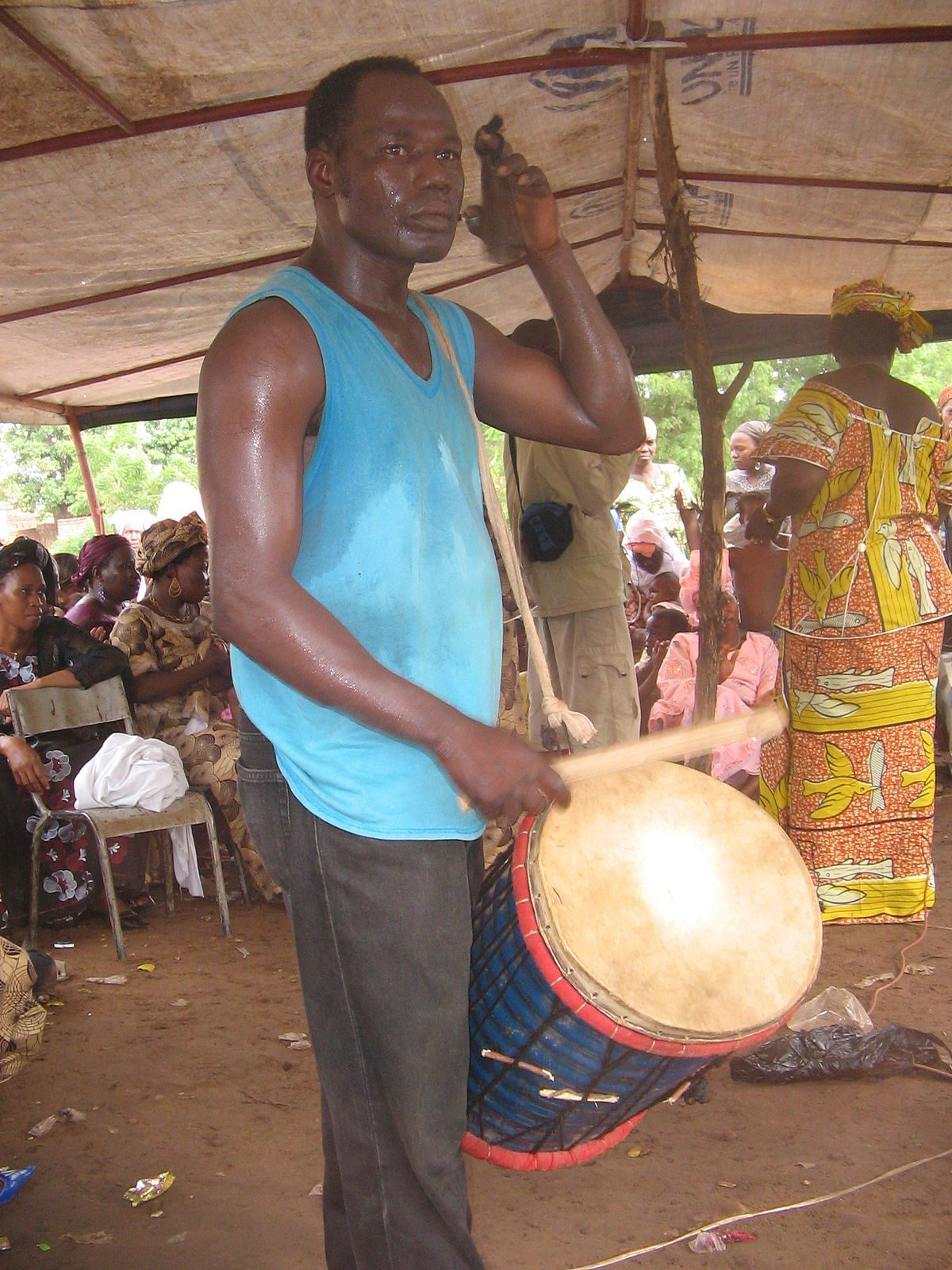Introduction
Many people are very acquainted with the djembe, which happens to be the most popular African drum, but many are not familiar with the Dundun drum. Dundun are the drums that provide the basis for the West African drumming ensemble. The Dundun is also known as the “talking drum.” Dunun is the generic name for a family of West African drums that have developed alongside the djembe in the Mande drum ensemble. A dunun is a rope-tuned cylindrical drum with a rawhide skin at both ends, most commonly cow or goat. The drum is played with a stick.
Dun Dun's Traits
As Dundun plays, the listener can hear a different melodic line that rises and falls and a musical phrase with an antecedent and consequent. The prototype ends in a cadence that poses an inquiry. A rhythm is practically a resting point. The two most familiar cadences are the half cadence and the authentic cadence. The half cadence ends on the dominant (V), and the authentic cadence rests in the tonic (I or i).
Types of Dun Dun Drums
Dundun drums come in various sizes, from 10 to 20 inches wide and from 20 to 40 inches tall. They all have two heads, tuned with a similar system as the djembe. They are played with large sticks and placed either on their side or vertically. The Dundun adds depth with deep, widely spaced notes. The dundun is a closed double-headed cylindrical wooden drum with a laced membrane.

Origins Of The Dun Dun Drum
The dundun drum was adopted from the Mande from Mali. This set of drums used to be one of the royal drums of the Mande and the Wolof from Senegal, but now they are found in Mali and the area along the upper reaches of the Gambia river. It then spread along the coastal regions of West Africa. In the literature, the dundun is referred to as: “dunun, djun djun, djoundjoung, doundoun, and doundounba.” The dundun is one of three drums, the largest, besides the medium-sized sanbenito, sangba, and the kenkeni, the narrowest of the ensemble. This drum was essential because of its natural ability to imitate the spoken language’s of the African people.


